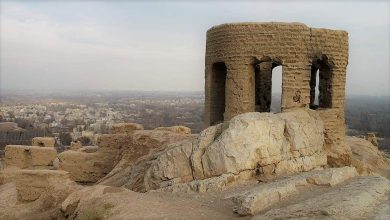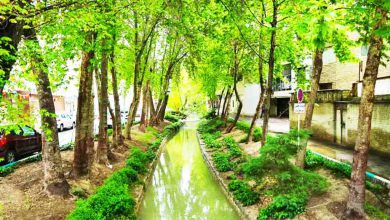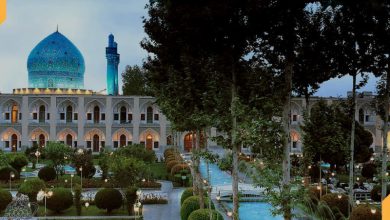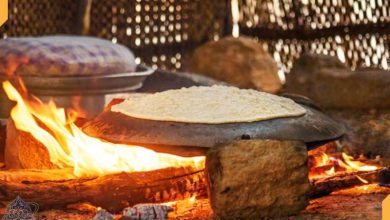What is the Isfahan Accent?
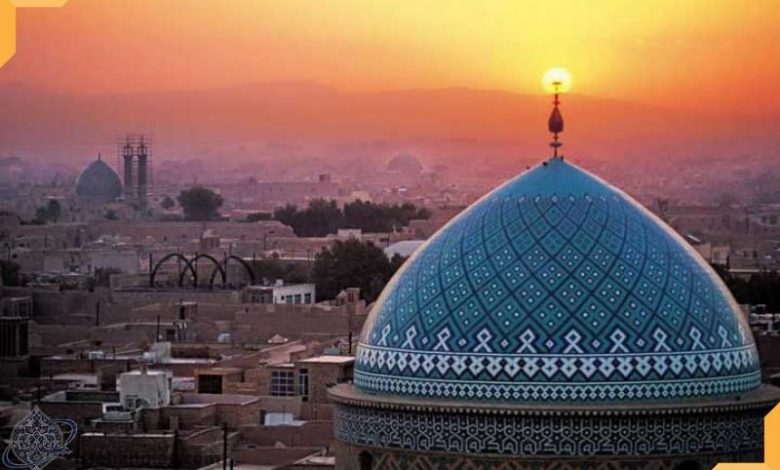
What is the Isfahan accent?
Do you know anything about it? Every province of Iran has its own special accent that is different from others.
Isfahan’s accent is so sweet and attractive that we dedicated today’s topic to it. If you want to know more about it, don’t miss this topic.
What is an accent?
In linguistics, “accent” is a kind of pronunciation that is special for a language group.
Almost in every language in the world, there are groups with different accents.
The set of special pronunciations of a group is usually lawful and done according to fixed criteria. Accents usually relate to special geographical regions.
If the pronunciations set of two groups of one language’s speakers be in a kind that knows each other easily, we talk about the accent.
When the difference between two kinds of one language is in the phonetic and vocabulary level, we can name those two kinds as accents of one language.
The term “accent” is usually applied to geographical or social types; for example, the “Isfahan accent” which is the subject of this topic.
More about Isfahan Accent
“Isfahan Accent” is one of the Persian language accents. Isfahan- Farsi is an accent of Standard Persian that has phonetic, vocabulary, and sometimes morphology differences.
The difference between this accent with other accents of the Persian language is in the ins and outs of vocabulary phonetics and also in the intonations of sentences.
In this accent, there are words that are less used in other accents or even have been forgotten.
Today’s accent of Isfahan people is the Pahlavi language that is remained, changed, and chafed from the middle Persian period.
Isfahan accent existed as a kind of colloquial type special of Isfahan people, from the time of Sassanid, beside Pahlavi language and with other Pahlavi accents around the Iran land and their initial accents.
Because this accent is one of Iran’s central accents, we can say that the Isfahan accent is a colloquial type of Pahlavi that it’s been talked about in Isfahan.
Isfahan people talk in the Persian language and Isfahan sweet accent.
Adding the letter “S” to the end of words that is used instead of “Ast” is one of the characteristics of this accent.
The Jewish talk in the Hebrew language and Armenians talk in their own language, which means Armenian.
The residents of Jolfa and some villages of Fereydoun have the special Armenian language.
The Bakhtiaries of Isfahan city talk with Lori accent.
A number of Isfahan people talk in the Keniani language which is a combination of past and today’s Farsi language.
Ancient Accent of Isfahan
Language changes in Isfahan city were the subject of four language waves:
Settlement of immigrant clans of Medes the Maddi language replaced an unknown language that was talked before Medes entrance to Isfahan.
With the entrance of Parthians to the big region of Medes and Isfahan, the Parti language entered and it combined with the Madi language.
Sassanid assumed power that caused the entrance of the Pahlavi language.
The entrance of Farsi- Dari happened contemporary with the Safavid dynasty.
According to the written works, the Isfahan city language didn’t become Persian until the 8th century.
The oldest book that referred to the Isfahan accent is “Behind al- Taqasim fi Marefat al- Aqalim” by Abou Abdollah Mohammad-ebne Ahmad al- Moqaddasi in the 4th century.
According to the writing of Ebn-e Moqfa in the 5th century, Isfahan people were familiar with the Pahlavi language and talk with it.
Ouhedi Isfahani, the poet of the 8th century, verified some sonnets with an Isfahan accent that have been recorded in his books of poems and recognized as Fahlviyat (quatrains).
Also, some examples of Isfahan accent related to the 8th century that is seen in facetiae of Obeyd Zakani.
Examples of Isfahan accent in contemporary literature
The contemporary examples of the Isfahan accent can be found in the book “Sar o Tah Yek Karbas” or “Isfahan Name” by Mohammad Ali Jamalzadeh in 1335.
In this book, his emphasis is on Isfahan’s accent, and struggles to record the words of the local accent.
Sub-accents and dependent Accents to Isfahan
Today’s Isfahan accent includes the accent of its surrounding cities and villages including:
- Gaz
- Mahallat
- Golpayegan
- Khansar
- Kashan
- Murche khourt
- and other village accents of this region.
There are some dissimilarities in different neighborhoods of Isfahan city that are according to their social differences.
Also, the immigrants from other provinces, especially Khuzestan have caused some changes and formed Isfahan sub- accents.
Around Isfahan city, there are streaks of ancient accents like Pahlavi and Avestan and in the daily conversation of people of cities like:
- Sadde
- Gaz
- Mourche Khourt
- Jarghaviye,
we can find lots of Pahlavi words.
FAQ
What is an accent?
The accent is a kind of pronunciation that is special for a group.
Can you name an example of Isfahan’s accent in contemporary literature?
Sar o Tah Yek Karbas” or “Isfahan Name” by Mohammad Ali Jamalzadeh
When Pahlavi language entered?
By assuming the power of the Sassanid dynasty.
Conclusion
Third, to ninth of Ordibehesht, is called the “week of Isfahan celebration”;
every time that the name Isfahan comes to the tongue, the Isfahan accent is being reminded many people; an accent that many Iranians assume that they can imitate skillfully.
Do you like Isfahan’s accent?
Have you ever tried to learn this accent?
What’s your opinion about the words that Isfahan people use in their conversations?
Share your opinions with us…


